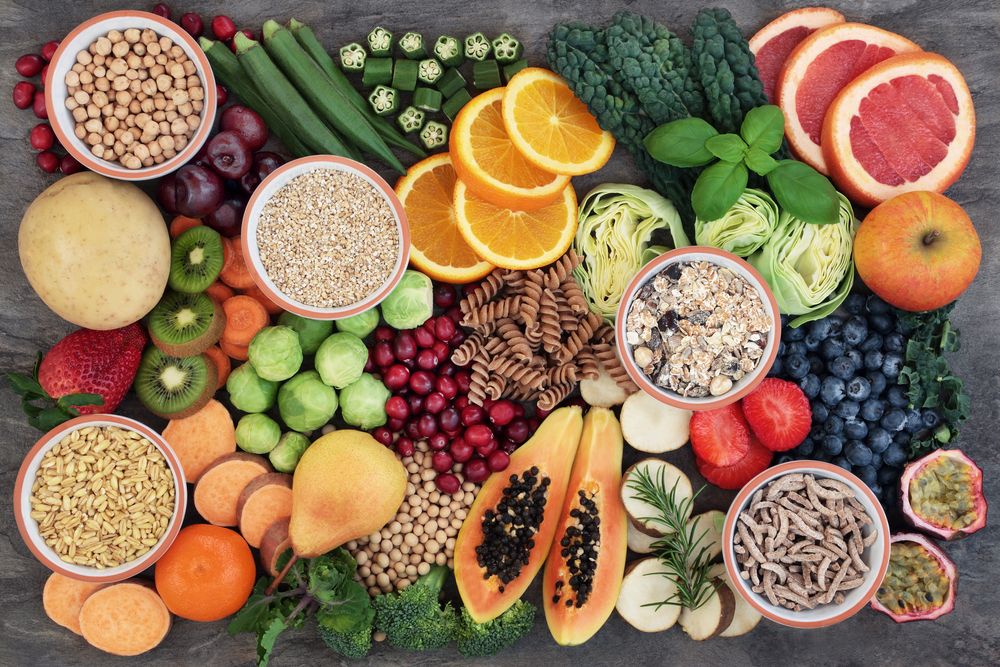In the pursuit of effective weight loss, navigating through conflicting information can be daunting. Should you eliminate carbohydrates, engage in high-intensity workouts, or adopt intermittent fasting? The abundance of contradictory advice can lead to frustration and confusion, hindering your ability to find a sustainable approach. To offer clarity amidst this confusion, we turn to expert advice from Chelsea LeBlanc, RDN, who shares insights on the optimal daily intake of fiber for weight loss.
"While protein often takes the spotlight in discussions about weight loss, we shouldn't overlook the importance of fiber," LeBlanc emphasizes. According to her, achieving weight loss goals may hinge on incorporating the right amount of fiber into your daily diet. But before envisioning bland bowls of bran flakes, let's delve into the science behind it in a manner that's both comprehensible and practical for everyday life.
In this piece, we'll dive deep into the role of fiber in weight loss, examining the optimal daily intake, highlighting fiber-rich foods, and offering practical advice on integrating them into your diet effortlessly. Bid farewell to crash diets and welcome sustainable, evidence-based approaches to shedding excess weight. It's time to harness the benefits of fiber, not only for your waistline but also for a lifestyle that's both effective and manageable.
Keep reading to uncover more.
Fiber's role in weight loss:
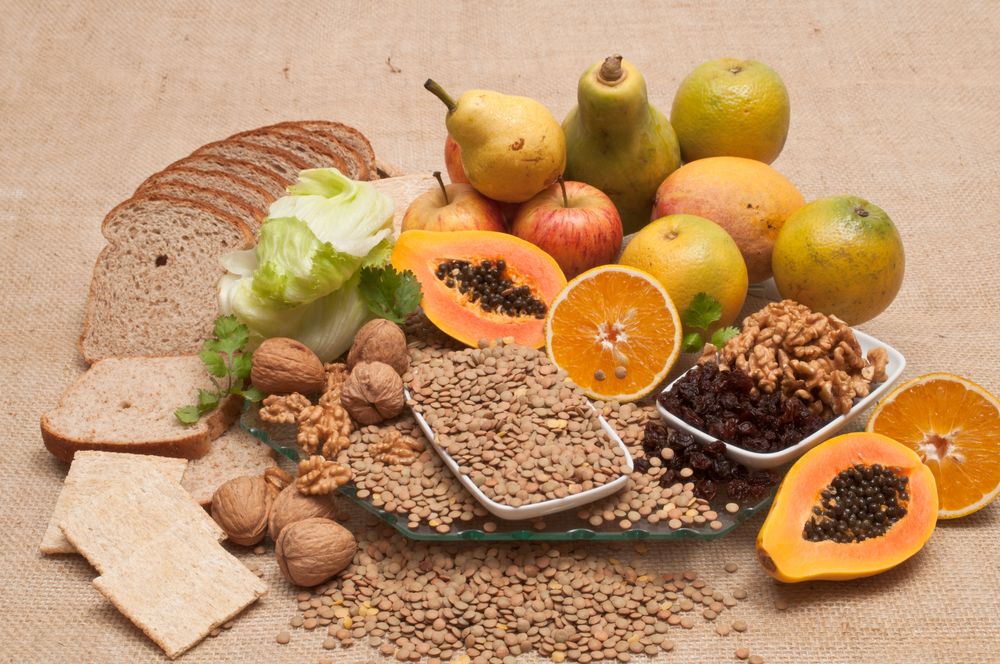
The primary reason fiber benefits weight loss is its ability to increase satiety. This quality not only helps prevent overeating but also supports weight management by reducing overall calorie intake.
"Fiber acts as the silent hero that promotes feelings of fullness and satisfaction after meals," explains LeBlanc. "This can be instrumental in achieving weight-loss goals by curbing excessive eating and potentially reducing cravings for chips and sweets."
Furthermore, fiber acts as a metabolic ally by regulating blood sugar levels and promoting a steady release of energy. By slowing down nutrient absorption, it prevents sudden spikes and crashes in blood sugar, thus promoting a more stable metabolism.
How much fiber should you eat every day for weight loss?
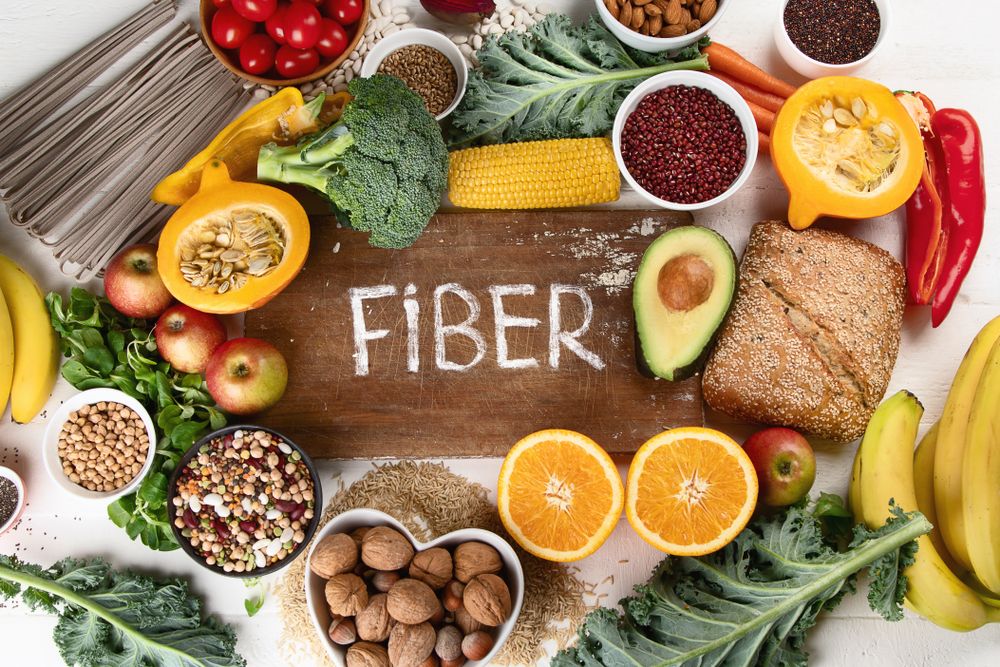
Determining the optimal amount of fiber for your daily intake is akin to striking the perfect balance for your body's well-being. While guidelines typically recommend around 25 grams for women and 38 grams for men each day, consider these as general benchmarks rather than strict mandates. It's less about meticulously tallying every gram of fiber and more about integrating fiber-rich foods into your meals and snacks. Envision your plate as a vibrant canvas adorned with fruits, vegetables, whole grains, and legumes—these are your fiber superheroes.
Gradually increasing your fiber intake offers a gentle and effective approach, ensuring your digestive system remains content and you feel satiated for extended periods. Remember, it's not about a radical transformation; it's about incorporating fiber-rich choices into your daily eating habits for a sustainable and delicious way to promote overall health.
Tips for incorporating fiber into a weight-loss diet:
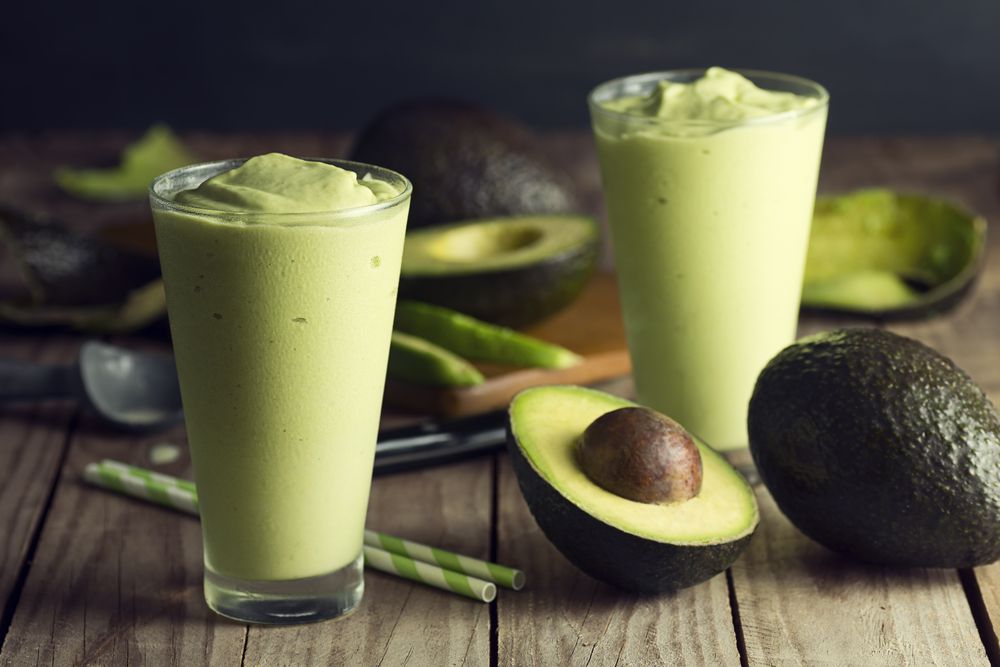
Incorporating fiber into your diet doesn't have to be complex. For instance, you can achieve your fiber and weight management goals by integrating nutritious plant-based foods. Fresh avocados are an excellent choice, as they are comprised of 79% fiber and water. Fiber slows down digestion, promoting a feeling of fullness and prolonged satisfaction. Just a third of avocado contains nearly 5 grams of dietary fiber, making it versatile for use in meals like avocado toast, avocado-topped chili, smoothies, or baked goods.
Looking for more tips? Opt for whole-grain options for breakfast, such as whole-wheat toast, oatmeal, or whole-grain cereal, to kickstart your fiber intake early in the day. Keep a variety of fresh fruits and vegetables on hand for snacking; reach for an apple, carrot sticks, or a handful of berries to indulge in a fiber-rich treat. Enhance your salads with a mix of vegetables, beans, and legumes for an added fiber boost. Additionally, almonds, chia seeds, and flaxseeds are superb sources of fiber. Sprinkle them on yogurt, blend them into smoothies, or enjoy them as a standalone snack.
The side effects of eating too much fiber:
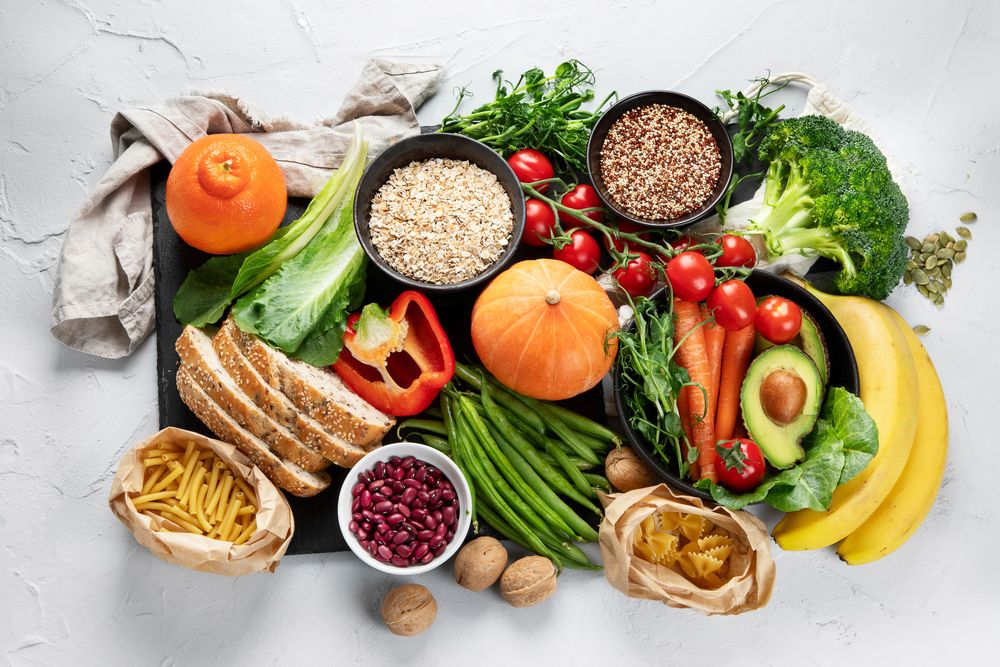
While fiber is undeniably important for a balanced diet, consuming excessive amounts can lead to some unpleasant side effects. Overindulging in fiber, especially when abruptly introducing it into your diet, can cause bloating, gas, and abdominal discomfort. This is because the gut bacteria need time to adapt to the increased fiber intake.
To ensure comfort, gradually incorporate fiber into your meals, and remember to stay hydrated by drinking plenty of water. This approach allows your stomach to acclimate to its new, fiber-rich companion. So, take it slow, gradually increase the fiber content of your meals over time, and allow your body to adjust at its own pace for improved digestion and overall well-being.

